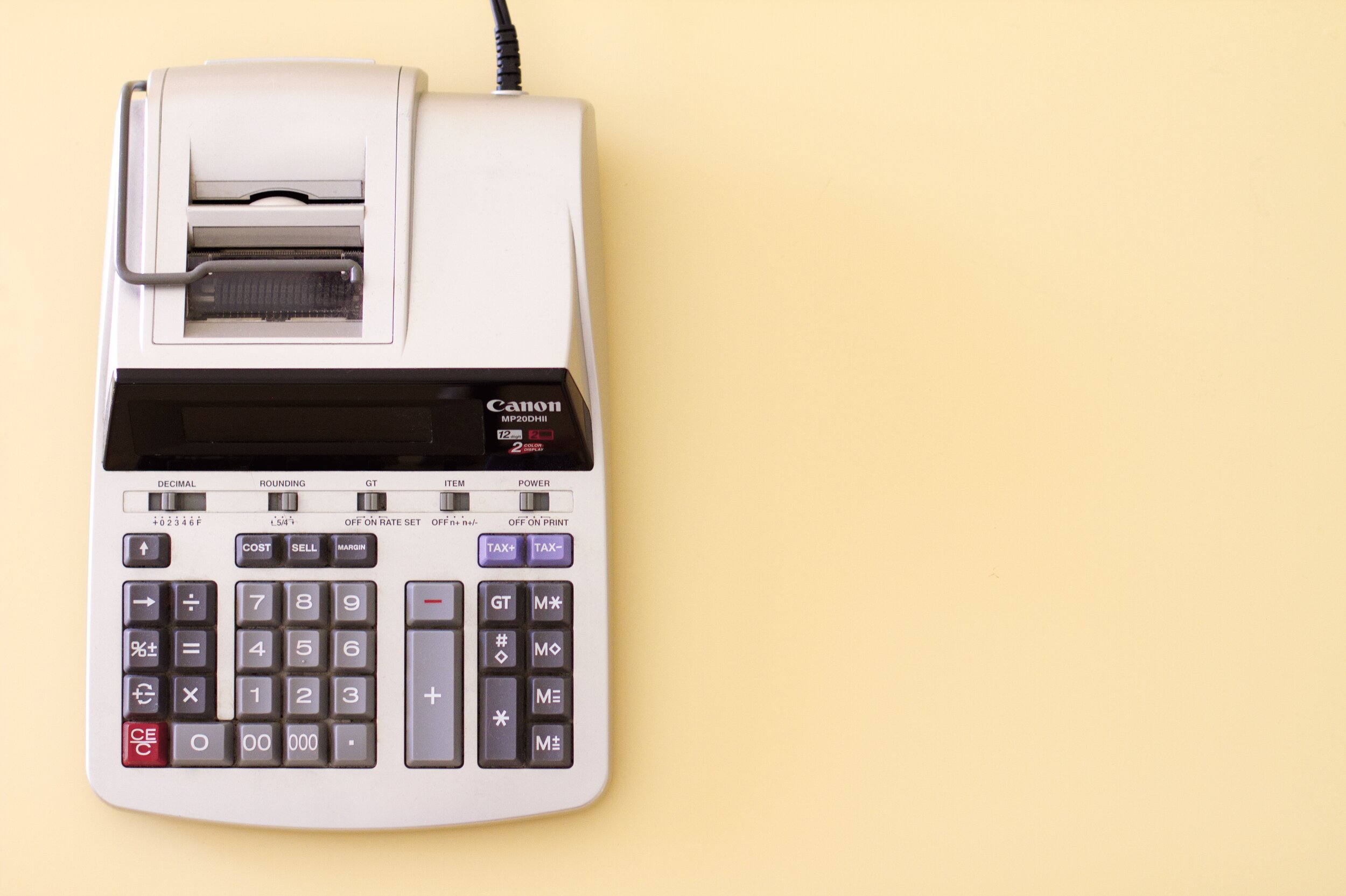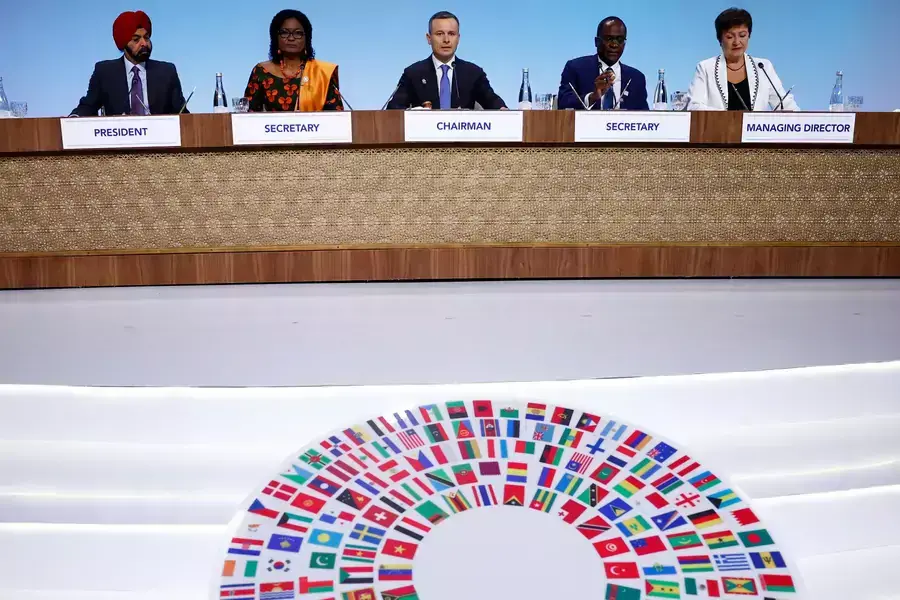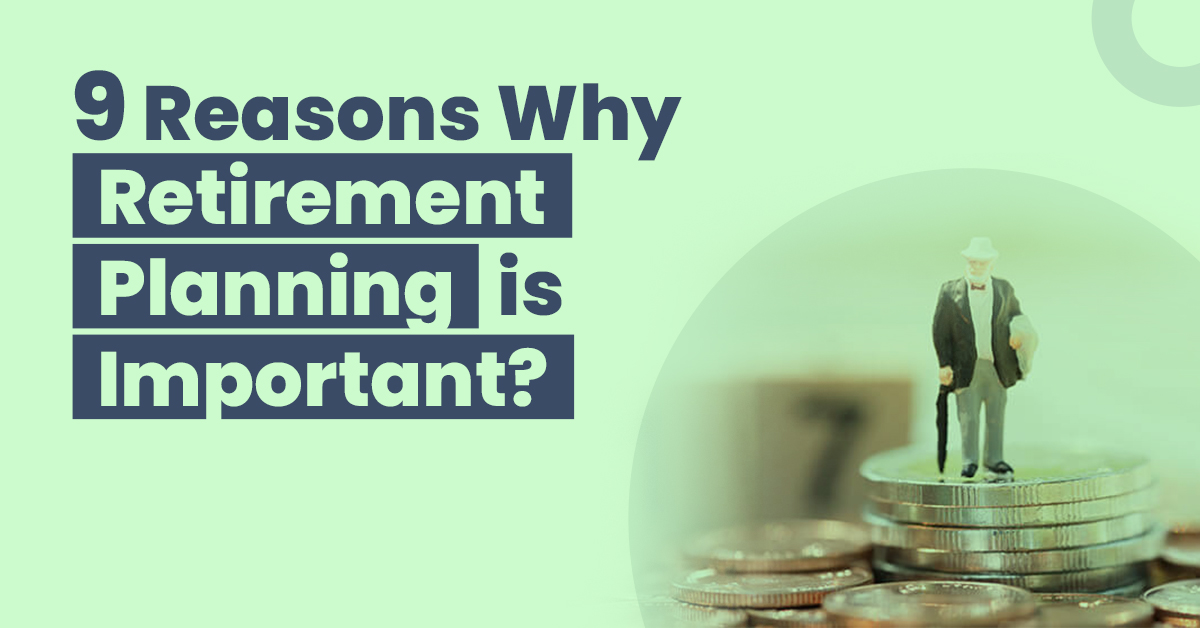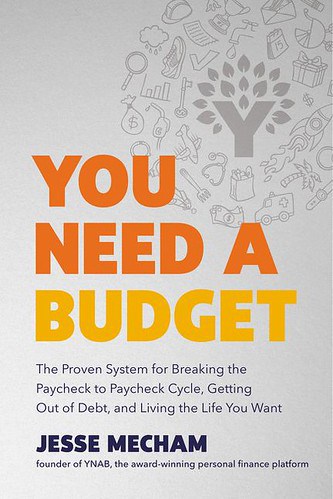Personal finance: The most important truth

In the last six weeks, I have been working hard on my “Introduction to Financial Independence and Early Retirement” project for Audio and Great Courses. It was a challenge — and a lot of fun — to rework old material in a different format for a brand new audience.
Profit and purpose are two of the most important aspects in this project.
- I strongly believe that a clear mission statement is necessary to achieve success in money (and your life).
- The most important number in your quest for financial freedom, I believe, is your personal profit. This is the difference between what you earn and how much you spend. Most people call this number savings rate. It’s more sexier.
This last point is very important.
Many people are looking for magic bullets. They want easy and quick ways to build wealth or get rid of debt . They think (or hope) there is some kind of secret that they can discover, that they somehow missed. There are no secrets. Money mastery is a mixture of math and psychology. The math is so easy that even a third grader could do it. Wealth can be defined as the sum of your earnings minus your expenses.
It’s a shame that a large portion of advice is centered on one aspect, spending. frugal living is an important aspect of personal finance. If you are in a tough spot or have a high-income but still struggle to make ends meet, cutting your expenses can be a great option. You won’t become rich by saving pennies.
The Biggest Lies in Personal Finance
Nick Maggiulli, in his excellent blog Of Dollars and data, wrote recently about , the biggest lie when it comes to personal finance. What is this lie? What is that lie?
There are many people in financial difficulty because of their own actions. However, there are others who have good financial habits but lack the income to improve their financial situation.
The biggest financial lie is that you will become rich by cutting your spending. Financial media tells you to stop buying $5 worth of coffee a day in order to be a millionaire.
Maggiuli shows, with charts, graphs and statistics that people who earn low incomes are not the ones at fault. It’s them. You can’t escape poverty if you are living below the line. For an American family with four children, that’s $26,200 per a year. It’s an emergency measure. It’s like a bandage for a serious wound.
The bottom line is:
- You should focus on increasing your income and not cutting costs if you are poor. You probably have very low expenses.
- You can build wealth if you are a household with an average income of $63,179 , according to the U.S. Census Bureau. This includes both frugality as well as income enhancement.
- You should focus on cutting costs if you earn a lot but are still struggling to get by. You must rein in your lifestyle. You won’t achieve this through frugality, but by maximizing the big things.
Maggiuli has had enough of the Biggest Lies. He is “trigger” by it.
He writes: “This is the financial media that write about people saving money by living in trailers, making their dish soap or reusing dental floss.” “Yes, that’s ridiculous. What really gets to me is that these examples are presented as ‘proofs’ that cutting your spending can make you wealthy.”
This type of material is always popular, in my opinion, because it is simple. Even if the article doesn’t provide any solutions, it is easy to read and easy to write. It is more difficult to write about increasing your income. It’s also more difficult to take action on this information, because it requires time, effort and sacrifice.
The Biggest Lies in Action: Real-Life Examples
Trent, at The Simple Dollar, published an article just today about optimizing dishes for time and money. Trent writes:
If I invest time, thought, and effort in optimizing a three-times-a-week routine, and this optimization saves me five minutes and costs $0.50, I will literally be saving myself 13 hours and $78 each year for the rest my life.
Trent isn’t mistaken. If his math (and discipline) is correct, he can save 13 hours each year and $78 by optimizing the way he does his dishes. This is not a lie. The implied lie in this case is: If you do this, you will become rich. By becoming a better dishwasher, you’ll achieve financial freedom.
The truth is, you don’t get the 13 hours and $78 benefit annually as a single win. You save five minutes and fifty dollars per day. It may seem like an insignificant point, but this is important. You can use $78 or 13 hours of time to get something tangible. What about an extra five minutes per day and fifty cents? Not at all.
You don’t have to optimize your routine for dishwashing. Do it! Do it! It won’t.
Here’s an even bigger example of a lie in action.
Elizabeth Willard Thames is a writer at Frugalwoods. This is one of my favourite money blogs. Liz has published a lot of great stuff in the last few months. Each new article is exciting. You may have noticed that I bookmark Frugalwoods often if you use the Spare Change links at the GRS home page.
Liz’s blog is named Liz’s Blog, and as you can guess by the name, Liz (almost?) exclusively focuses on thrift. She focuses (almost?) exclusively on saving money. She and her husband are extreme frugality . She wrote a book Meet the Frugalwoods and documented her family’s journey from being poor college students, to becoming financially independent on a 66 acre farm in central Vermont.
Liz and Nate are frugal, no doubt about it. They live what they preach. Their frugality, however, is not what made them wealthy or allowed them to retire earlier. You can’t purchase a 66-acre Vermont farm by simply optimizing your dishwasher routine. Or clipping coupons. Hosting potlucks. You will also need to have a good income. Liz does not share this part of her story with her readers. She and her spouse made a lot money and that’s the way they became rich — not by being frugal.
Liz may not have meant to hide the truth but this is the end result. She is complicit in the “biggest lie in personal finances”.
Liz’s writing is becoming more truthful. For example, today, the about page at Frugalwoods acknowledges that they have a high income. This wasn’t the case.
It’s not that I want to belittle Liz or Trent. Both are good writers and people. They do their readers an enormous disservice, I believe, by focusing on only one aspect of wealth and rarely (if at all) mentioning income. They are active participants in “Maggiuli’s biggest lie”.
I will confess that I have been guilty of this for a very long time. Sometimes, I still am. Heck, I have spilled many words recently about and my quest to optimize food spending. I don’t claim to be better than Liz or Trent. But I do want to acknowledge both the lie and the truth.
The biggest truth in personal finance
What is the best way to get rich? Answer: Big Wins. The fastest way to wealth is through Big Wins.
Even if you scraped your dishes every day and rinsed them in cold tap water, you wouldn’t get the same benefits as buying a less expensive home. You can also choose a car that is more fuel efficient. Or negotiating your salary.
Spend less on big items.
Optimizing your dishwashing routine can save you up to 20 times what it would cost to reduce housing costs by 10%. Transport offers similar savings opportunities. The American Automobile Association reports that the average American driver spends just under $9000 on their vehicle each year. If you reduce this expenditure by less that one percent, it is equivalent to a year’s worth of careful dishwashing.
As Maggiuli points out in his article about income, it is the elephant that many writers overlook.
There are only so many ways to cut costs. You can’t reduce your expenses below zero and many of us aren’t even close. As I said earlier, the U.S. federal poverty line is $26,200 for a four-person family. For two people it is $17,240. Mr. Money Mustache (a notoriously frugal fellow), did not include his business in 2019..
You shouldn’t try to save money if you want to leave. You don’t need that stuff. They’re lying if they tell you otherwise. You should be attempting to increase your income in these circumstances. Even if your salary is typical for the middle class, increasing income will help you achieve your goals.
Three primary methods to make more money are:
- The first step is to become more educated. One thing is certain: despite the grim details of the mass media, it’s true that the more you know, the more money you make. In the U.S. education is more important than any other demographic factor for determining lifetime earnings. It is more important than race, religion, gender or location. The Census Bureau states that education has five more impact on earnings than gender. It’s good news, because you can control your education. You may not be able to control your race or age, but you are in total control of your education.
- Second, be a better employee. On Reddit and other sites, I see a lot of people slam their employers. They complain about how the boss (or their company) wants to screw them. It’s counterproductive. There are some shady employers, but the majority are happy to reward and promote their best employees. Work harder and longer than anyone else if you want to make more money. Switch jobs if you feel that your hard work is not being rewarded.
- Last, and perhaps most importantly, learn how to negotiate your salary. study after study shows that failing to negotiate your salary could cost you more than half a mil during the course a typical career. A half-million dollars! I’ve been promoting Jack Chapman’s book How to make $1000 per minute for over a decade. Let me do so again.
Liz says in The Frugalwoods, “You cannot frugalize an income that you do not earn.” She is telling the truth! The biggest Truth
I am not against saving money. If it makes you happy, then pinch those pennies. Frugality can be a great way to develop good habits. In the long term, combining many frugal practices can have a significant impact on your financial situation.
If you are on a tight budget, don’t focus on saving money. This is a false goal. Turn your attention instead to Big Wins. Increase your income, and especially. This is the most important truth about personal finance: Frugality by itself will not make you rich.










+ There are no comments
Add yours